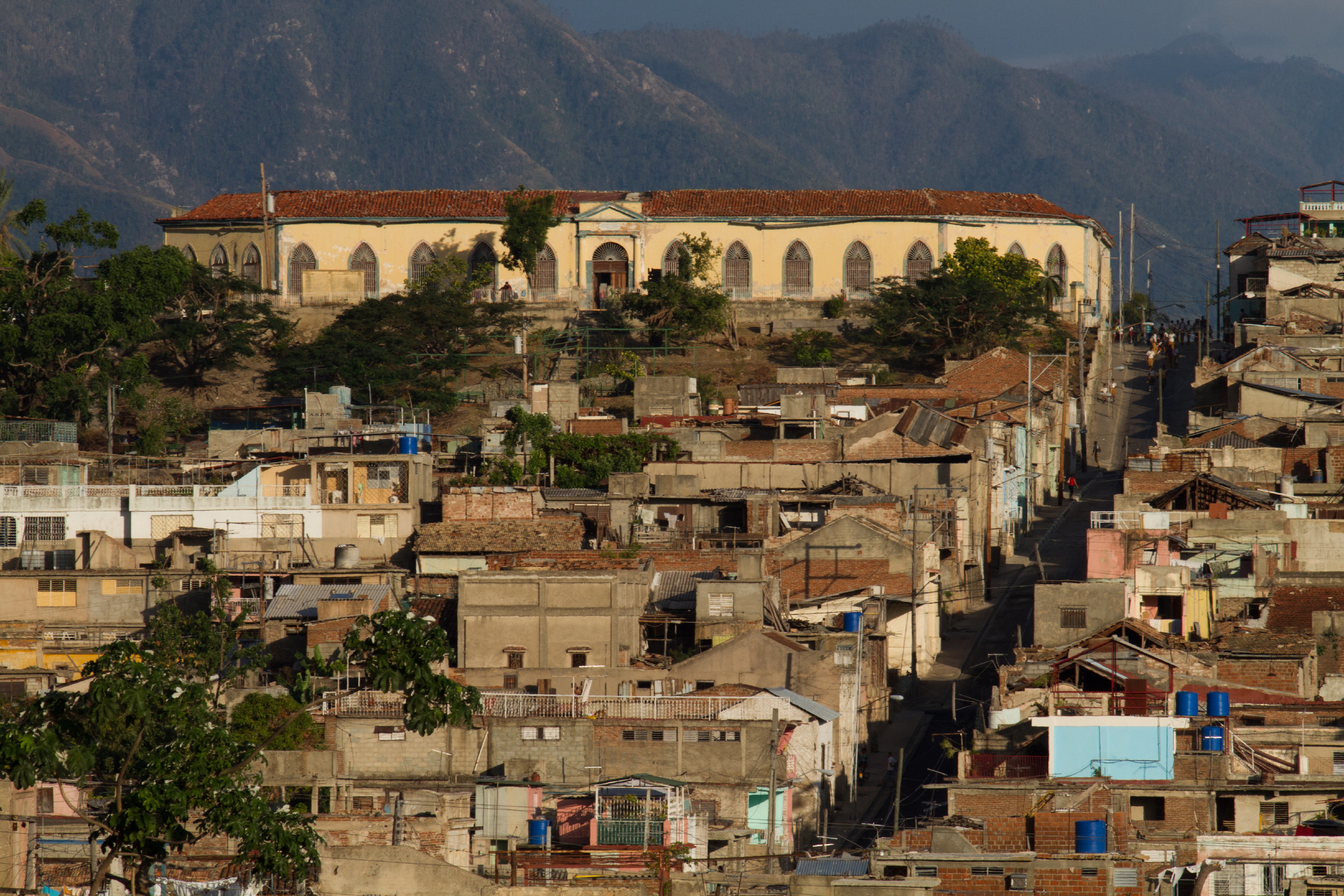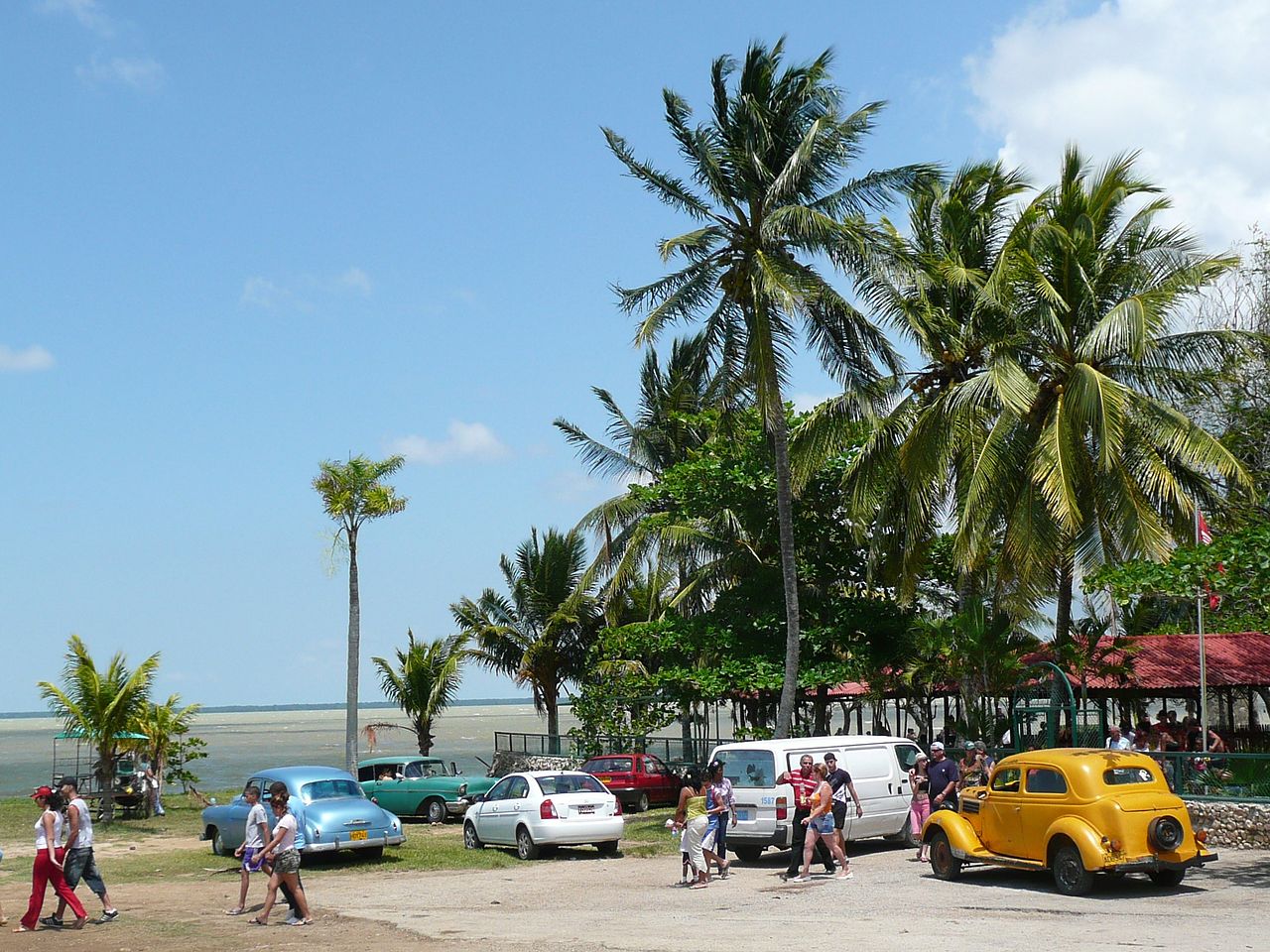What the U.S. Can Learn From Cuba About Preparing For Hurricanes

By:
Last year, four Cubans died as Hurricane Matthew passed over the island. When that same category 4 hurricane swept over Haiti, it killed more than 1,000 people.
 Wikimedia - wikimedia.org
Wikimedia - wikimedia.org
It's a disparity that reflects both Haiti's depleted infrastructure as well as Cuba's exceptional hurricane preparedness—a quality that may save more lives as Hurricane Irma makes landfall on the island's coast starting Friday.
Though property damage is expected to be significant in Cuba—which is still recovering after Matthew devastated homes, businesses, and roads throughout the island—the human (and animal) toll will likely be minimized through the government's hurricane readiness efforts.
"As in some many other areas of public health, the Cubans really focus on preparation and prevention, rather than recovery," Dr. William LeoGrande, a politics and foreign policy professor at American University, told ATTN:. "On the one hand, you do have a sense of community solidarity. That's one of the things the government itself has fostered over the years. And you have a unitary government that is highly organized and has organizational arms and legs right down to the neighborhood level."
 Wikimedia - wikimedia.org
Wikimedia - wikimedia.org
Cuba launched the first phase of its hurricane response on Tuesday—a process that involves disseminating information about the storm to residents in select provinces in Irma's path. The Cuban government is also encouraging residents to follow its Institute of Meteorology, which is renowned for its accuracy in hurricane projections.
Information is key to Cuba's hurricane preparedness. It starts in grade school, where children are required to conduct evacuation drills, and continues through high school, where students "monitor neighborhoods to identify weak trees and other hazards," The New York Times reported.
Cubans take that information and apply it as extensions of the country's Cuban civil defense system during hurricanes. The leaders of public institutions like schools and hospitals are responsible for aiding in the evacuation process and ensuring the safety of their respective populations.
"So when the word goes out to mobilize the civil defense system, there are literally people in every neighborhood who have a responsibility and they know what that responsibility is to get their neighbors ready to move," LeoGrande said. "They set up elaborate evacuation centers and they can evacuate up to a million people in a country where the population is 11 million."
Compare this level of readiness and mobilization to the U.S. and it becomes apparent why, according to the Center for International Policy, people in the U.S. are 15 times more likely to die in a hurricane compared to Cuban residents. Information and organization lends to an efficient evacuation rollout. And during evacuation procedures, the government also takes steps to accommodate residents by making space for personal items and pets at evacuation centers.
In the U.S., fears about property damage and looting—in addition to a lack of enforcement for evacuation orders—contribute to substantial human and animal casualties from hurricanes.
"It's psychological in a sense, but people don't want to leave their life behind, in effect."
But that mentality, and the lack of public education about the dangers of hurricanes, will continue to leave many U.S. residents at risk in the event of a major storm.
By and large, evacuations are voluntary in the United States; but that autonomy comes with a very real human cost, as we've already seen this year.
Without formalized evacuation plans for large populations, you wind up in situations similar to what Houston experienced just last month. The city was not placed under an evacuation order—on a voluntary or mandatory basis—and so many chose to stay in spite of the clear risk of flooding. Thousands were subsequently rescued, and at least 70 people were killed by the storm.
